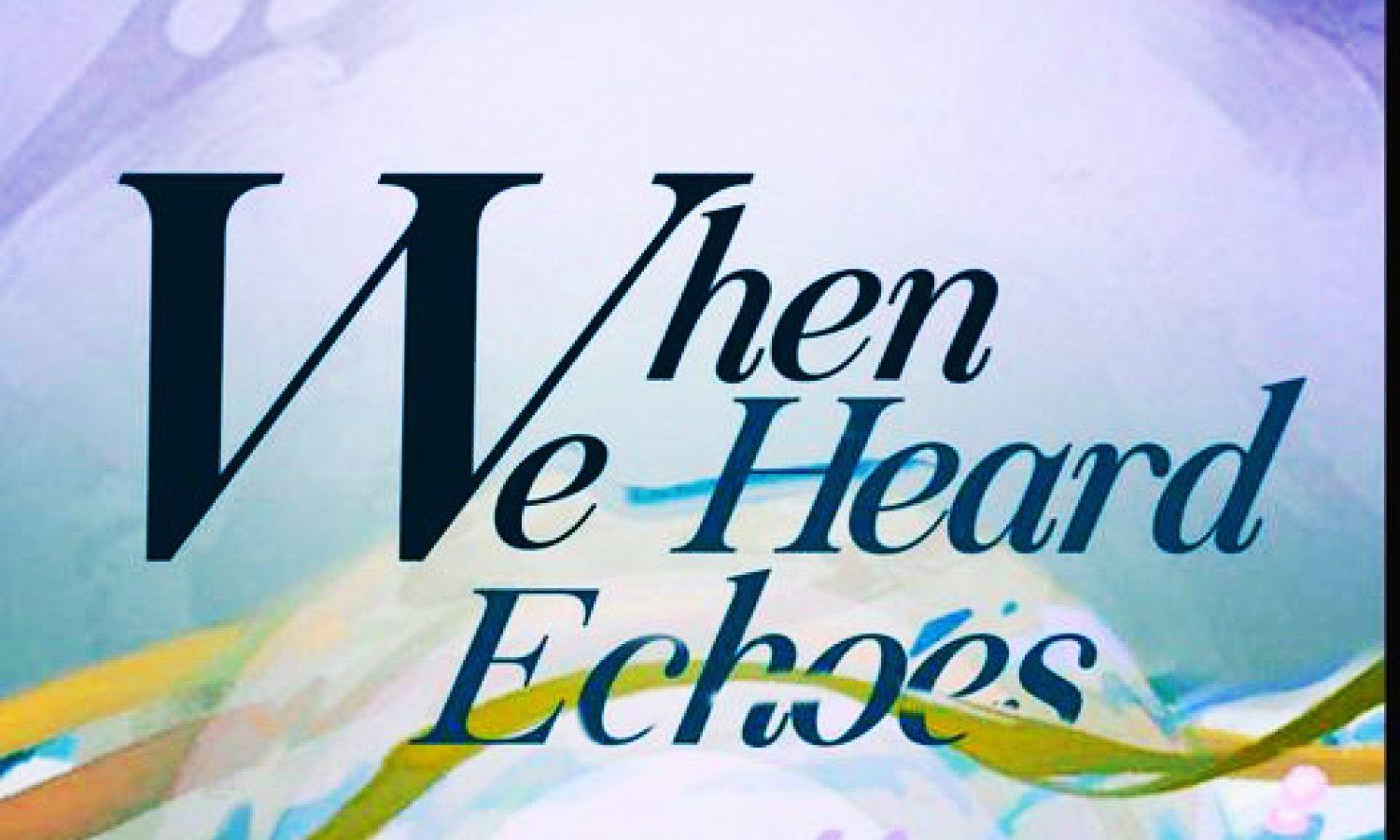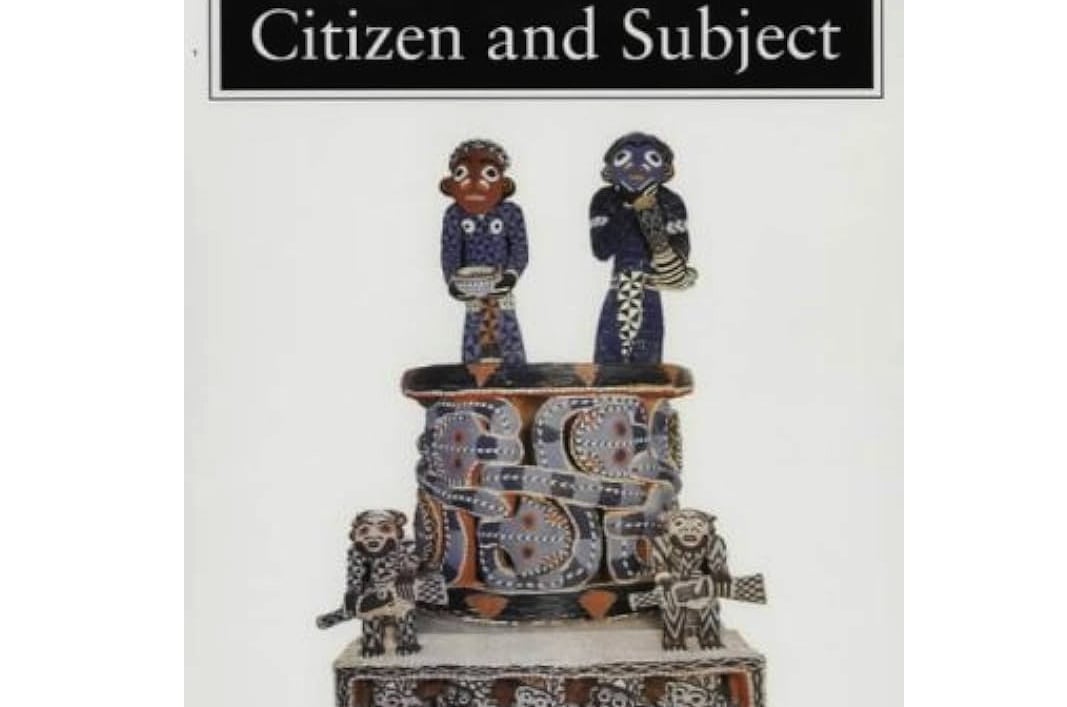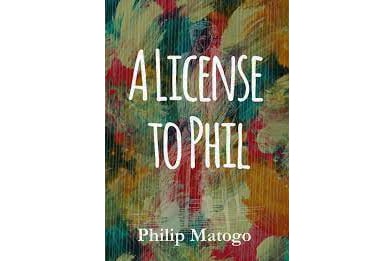Book Review: New poetry collection spans impressive range

What you need to know:
- Book title: When We Heard Echoes.
- Author: Academics in Poetry
- Price: Shs40,000
- Publisher: Aristoc Bookshop.
- Pages: 141
“Founded in the scorching blaze of the 2020 Covid-19 incessant lockdowns, Academics in Poetry (AP) is a group of poets who are teachers of English Language and Literature. The idea behind this coming together was to focus the writing of poetry and its performance on the literary aspects and theory which these academics are conversant with as teachers of poetry so that poetry could be weaved by those that have eyes and ears for it,” reads the introduction to the poetry collection, When We Heard Echoes.
However, what does it mean to have eyes and ears for poetry? Well, these poems seek to answer that question with their indwelt theatricality and accessible language expressed “in a kind of high song, full of dips and climbs”.
To be sure, the auditory and visual fragrance of these poems disrupts the way we (mis)treat the arts.
Lydia Ahumuza sets this particular ball in motion with her poem entitled Plagiarism.
“Foolish Galatian!
Who bewitched you?
Plagiary shall be your undoing.
You’ve been disclosed in your secret place
Where you switch authors names
To beautifully replace with yours,” she writes.
Plagiarism is indeed an insidious crime against literature. However, how many of us are free of its taint?
“Talent borrows, genius steals” is what the great Irish poet Oscar Wilde had to say when asked about the invidious nature of plagiarism. To be fair, Wilde could have said this after he was accused by his contemporaries of plagiarism. They claimed his first published volume, Poems (1881), was highly derivative of the works of the Romantics and Pre-Raphaelites whose works he was enamoured with. Wilde, as ever, bucked moral conventions with such (mal)practices that were not his undoing, as Ahumuza would have us believe. To the contrary, Wilde’s early work was appreciated not in spite of but because of plagiarism. What is less appreciated, by a wide consensus, is being “Dumped.” This is the subject and title of the poem by Aliku Yasiin:
“With disgust, she picked me up,
Bent and picked another from the dirty cup, Trash she branded me as she spat:
“Away with you!”
The beauty with this poem is that it’s a double entendre. I thought the persona was being dumped as refuse but the poem’s words “emptiness” and “in her heart” imply something deeper.
In the end, you’re not exactly sure if it was a “what” or a “who” that was dumped. This literary nebulosity, if you will, recalls William Shakespeare’s Sonnet 130, where he describes his lover’s eyes as “nothing like the sun.” One wonders if he was referring to the sun literally or metaphorically by his lover’s eyes not radiating brightness and warmth.
The sun, however, seems to sink into the melting bed of the horizon with the poem by Kened B. Ngise III titled, The Drone.
“When you see a drone,
You feel the past of a nation
That has no season for reasonable elections!
Those that demand for what’s missing
End up missing,” he cleverly writes.
The allure of political poetry is gargantuan in view of how poetry connects with people’s passions, while politics connects to current affairs. Taken together, an emotive connection of collective consciousness is achieved. We all know what we feel about “drones”, an urban colloquialism for unmarked vehicles which allegedly kidnap Ugandan dissidents, and Kened telegraphs such feeling eloquently. Kule Exevia veers off the thorny road of political verse to address what is in his heart in the poem, Tenant of my heart.
“So, Tread softly
On the floor of my heart;
Lean gently
On the walls of my heart;
Touch tenderly
The roof of my heart
For this is where you sleep---
This is your new home,” he waxes lyrically in the third stanza of the poem.
It is fitting that the word stanza means “room” in Italian and each stanza in a poem is a lyricised dwelling place. Kule’s diction in this offering is reminiscent of “Aedh Wishes for the Cloths of Heaven”; a poem by William Butler Yeats, which goes: “I have spread my dreams under your feet; Tread softly because you tread on my dreams,”
“When we heard echoes” by Tayebwa Emmanuel is the eponymous poem and certainly one of the best written in the whole collection.
“When we heard the echoes
Of mere drums humming in tunnels
The falconer blew the best falcon
And trumpets blew across the Elgon
Preaching liberation that was not---
Liberation that came from the bush…
The bush that twisted a brother’s neck,” he bemoans.
Political poetry is a dish best served cold with cynicism. Especially in Uganda where there is a trust deficit between the leaders and the led.
The persona shows why this is so: the liberators who emerged from the bush, probably Luwero, mutated to a broken reed.
What is most noticeable about this poetry collection is not only the range of issues it tackles, but the fact it tackles them with earnestness and a studied intelligence which makes them, by turns, discursive and didactic.
On top of that, they are enduring enough to echo through the annals of Ugandan poetry.




